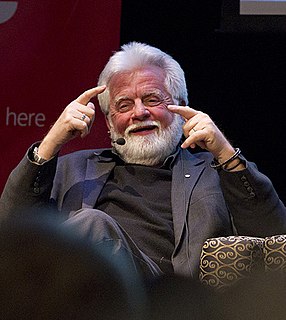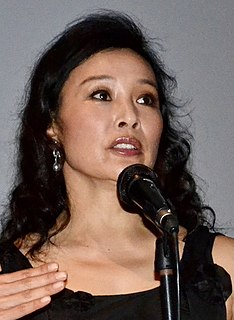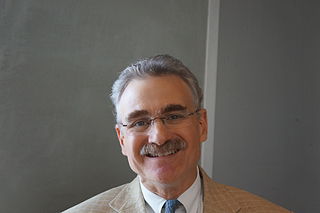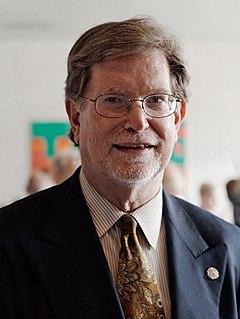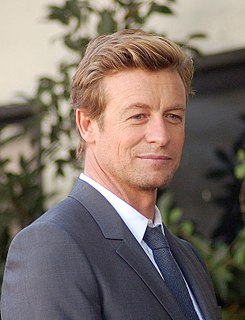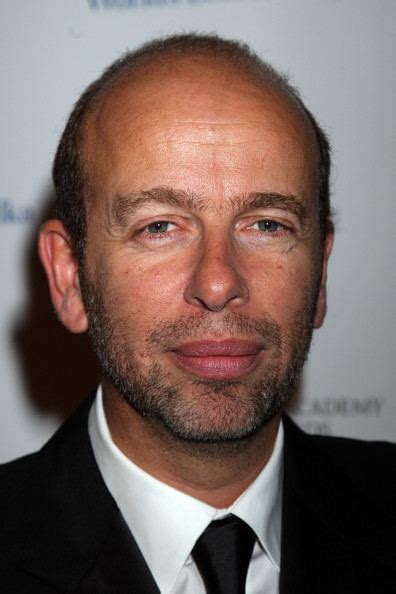A Quote by Sarita Choudhury
I think I have a certain awkwardness, and I don't know how that works on screen.
Related Quotes
For a young cartoonist, they have to get going on the web, because that's where everybody goes for their information. And it really works. If you look at a cartoon on a computer screen, it really jumps and can be quite effective. I draw cartoons now, not how it will appear in the newspaper, but how it will appear on the screen. I think most of us do. Now the challenge is to make it move and animate it in a very fast, quick way.
Filmmaking materials are in the hands of more people now than ever before. I would like to think that the more people have these tools, the more people will learn how to use them, it's another argument I would argue for, personally, for art's education. Because there are kids who aren't that literate in screen language and they've got to know how people select shots, how people edit audio, how people combine things to make what they see on the screen. It would be like the 15th century or the 16th century in Germany, and somebody amends a printing press and you don't know how to read and write.
The best way to make change is to know how something works. If you're going to go build something or change whatever it is, if you don't know how it works and you're trying to go make a change in it, the first thing you're doing is you're spending time figuring out how it works. The same thing happens in organizations.
The deeper reality is that I’m not sure if what I do is real. I usually believe that I’m certain about how I feel, but that seems naive. How do we know how we feel?…There is almost certainly a constructed schism between (a) how I feel, and (b) how I think I feel. There’s probably a third level, too—how I want to think I feel.
I don't speak any languages well enough to make an expert assessment on writing in translation, but since I'm interested in awkwardness in prose, I find I like the way translated texts can sometimes acquire awkwardness in the process of translation. There's a discordance translation can create which I think is sometimes seen as a weakness but which I think can be a really interesting aspect of the text.
I don't really premeditate what I write my songs about; you know, they just kind of happen, and I can't start writing songs to please a certain group of people or propagate a certain message all the time. That's just not how my songwriting works - it just sort of comes out, and the songs are what they are.




